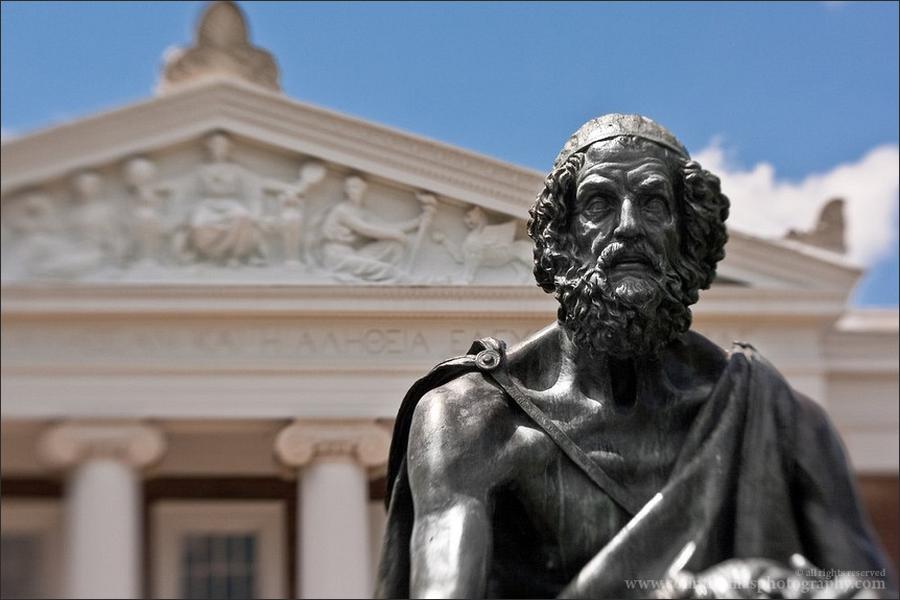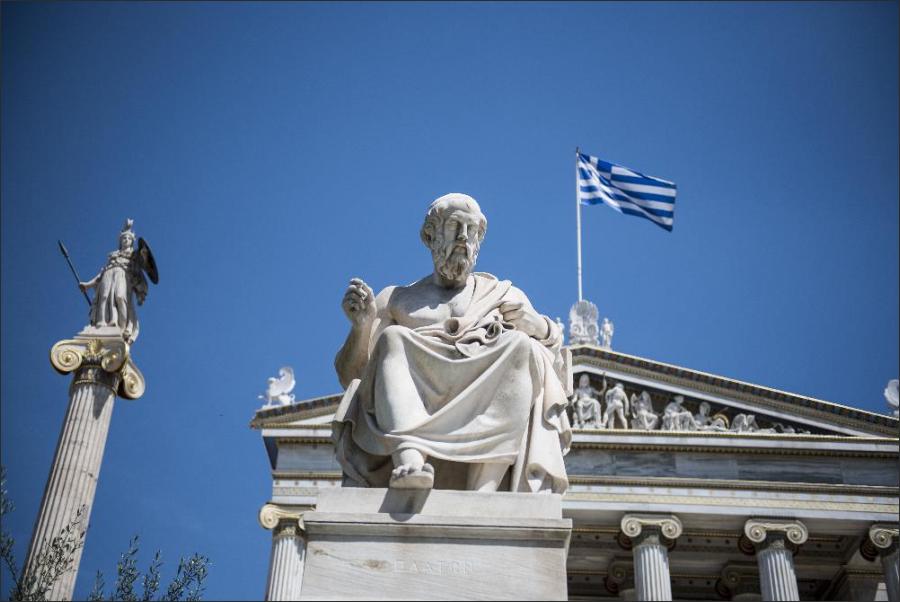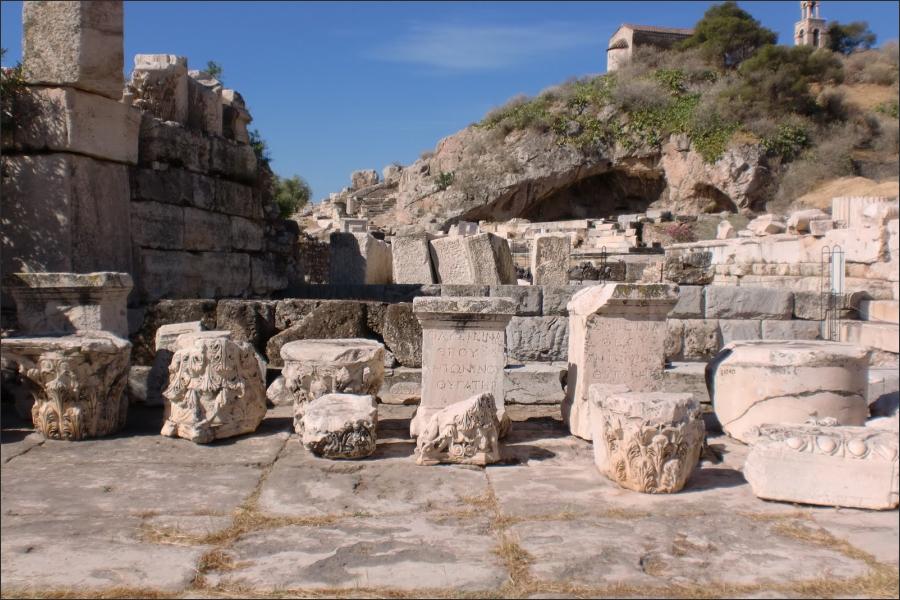Scarcely anything is known of Aristophanes’ life apart from some few facts concerning his comedies. He was born about 445 B. C. in Attica. While he was still a boy his family removed to Aegina, in which island they had a small estate. In 427 he gained the second prize with the Banqueters, and next…
Sophocles: Electra, Antigone and timeless tragedies
Sophocles was born at Colonus, near Athens, in 496 B. C. At the age of sixteen he was chosen, for his beauty, to lead the choir of boys at the celebration of Salamis. When twenty-eight, he produced tragedies for the first time and won the prize against Aeschylus. Throughout his long life he worked with…
Herodotus, the Historian born in Halicarnassus, Caria
Herodotus was born at Halicarnassus, a city of Ionian Greece, in (or not much earlier than) 480 B. C., of a distinguished family, to which the epic poet Panyasis also belonged. After taking part in the tumultuous politics of his native town, Herodotus travelled very widely. It seems that he wrote at least parts of…
Homer: The Author of The Iliad and The Odyssey
The name ‘Homer’ is still used as a convenient term for the author or authors of the two great epics, the Iliad and the Odyssey. But nothing whatever is known concerning these early poets: instead of biography, we find the ‘Homeric Question’–that is, the problem of the time and place at which the two poems…
Aeschylus: The Master of the Ancient Greek Tragedies
Aeschylus was born at Eleusis, near Athens, in 525 B. C. He began to exhibit tragedies at the age of twenty-five, but did not win the first prize till 485. The Persians came in 490 and 480, and Aeschylus fought against them–his epitaph mentions Marathon, and his celebrated description of Salamis in the Persae makes…
Plato’s Athens: The Festival City
Athens after the fall of the Thirty in 403 and during the early years of the Second Confederacy must have been on the whole a place of buoyancy and optimism. There was, it is true, great poverty after the Peloponnesian War, and the last two plays of Aristophanes show that it extended to the country…
The White Road to Eleusis (The Sacred Way)
Through the Ceramicus and over the Pass of Corydallus runs the white road to Eleusis–the Sacred Way. As the hills closed behind us shutting Athens from our view, it was as though some spell had fallen, as though the closing of the hills had shut a gate upon the outer world and brought us into…






